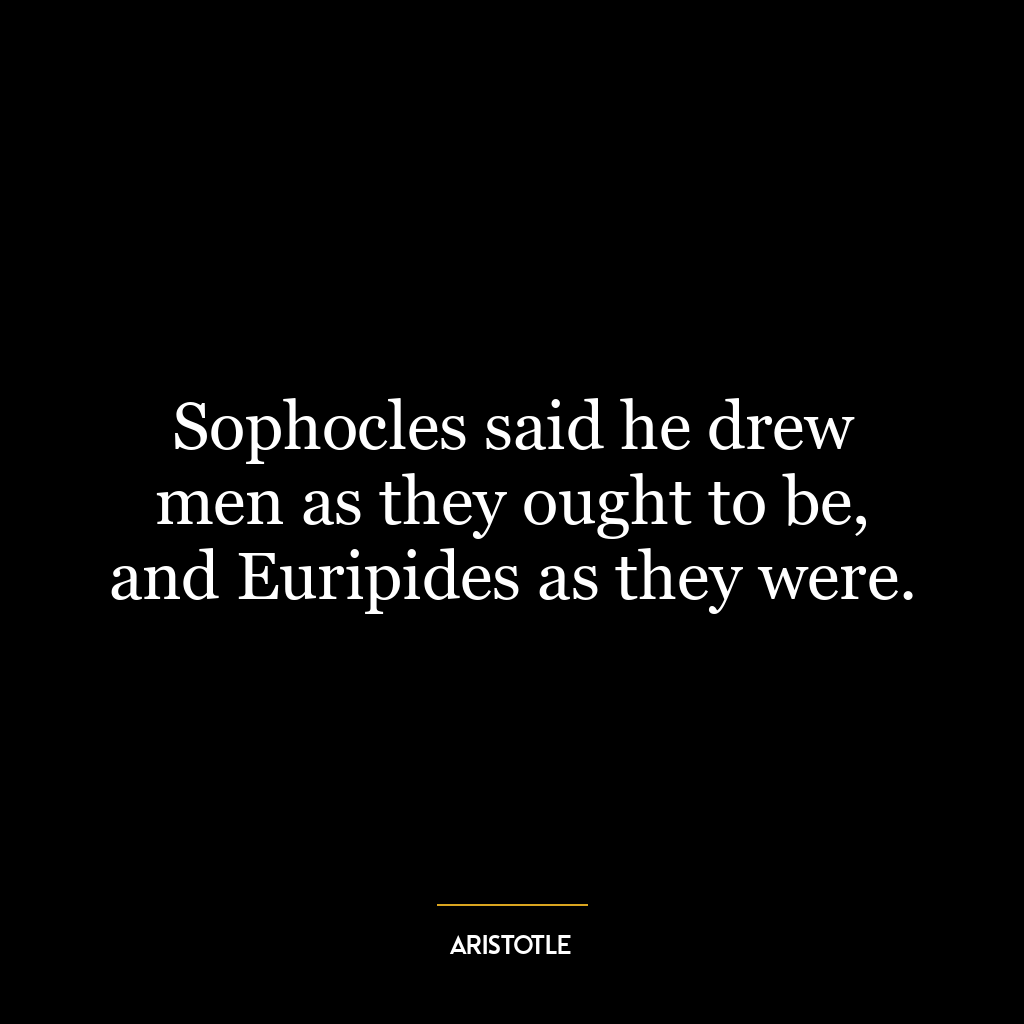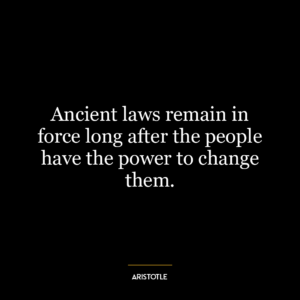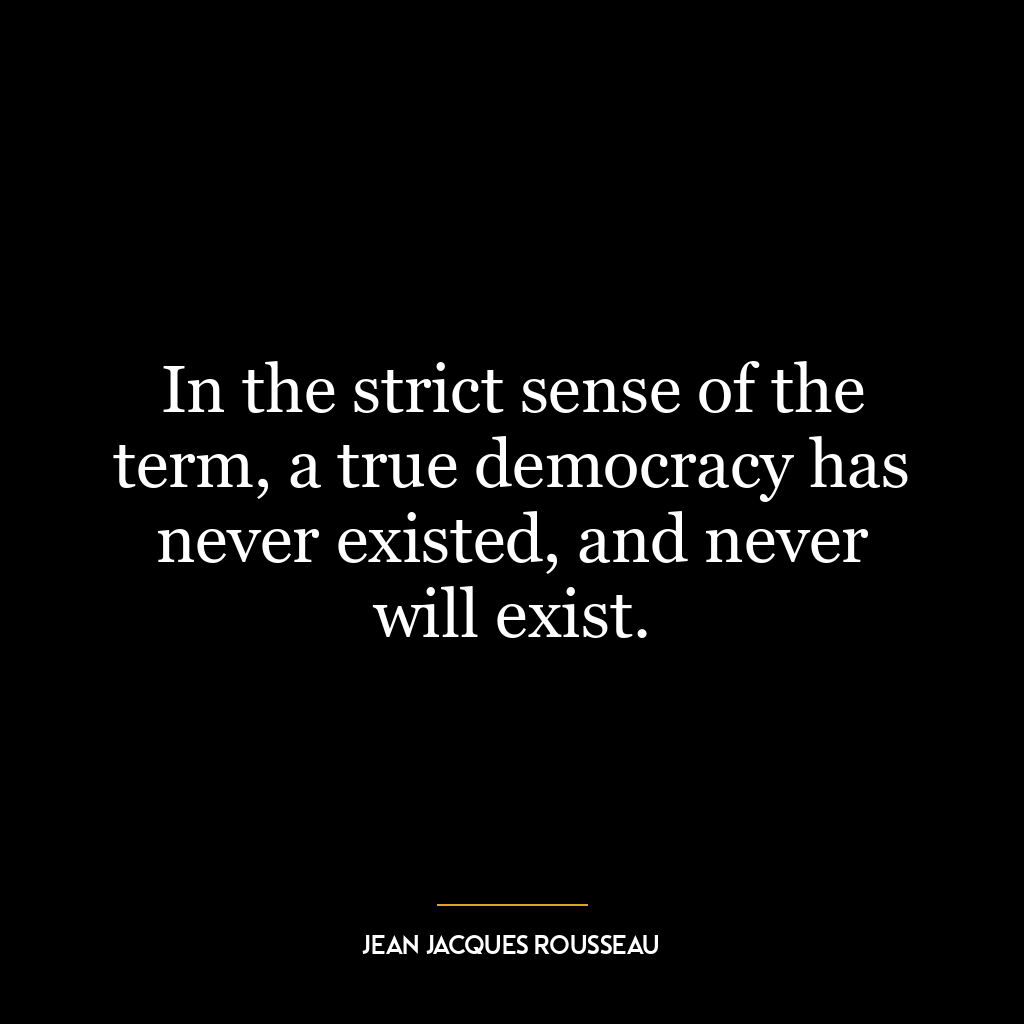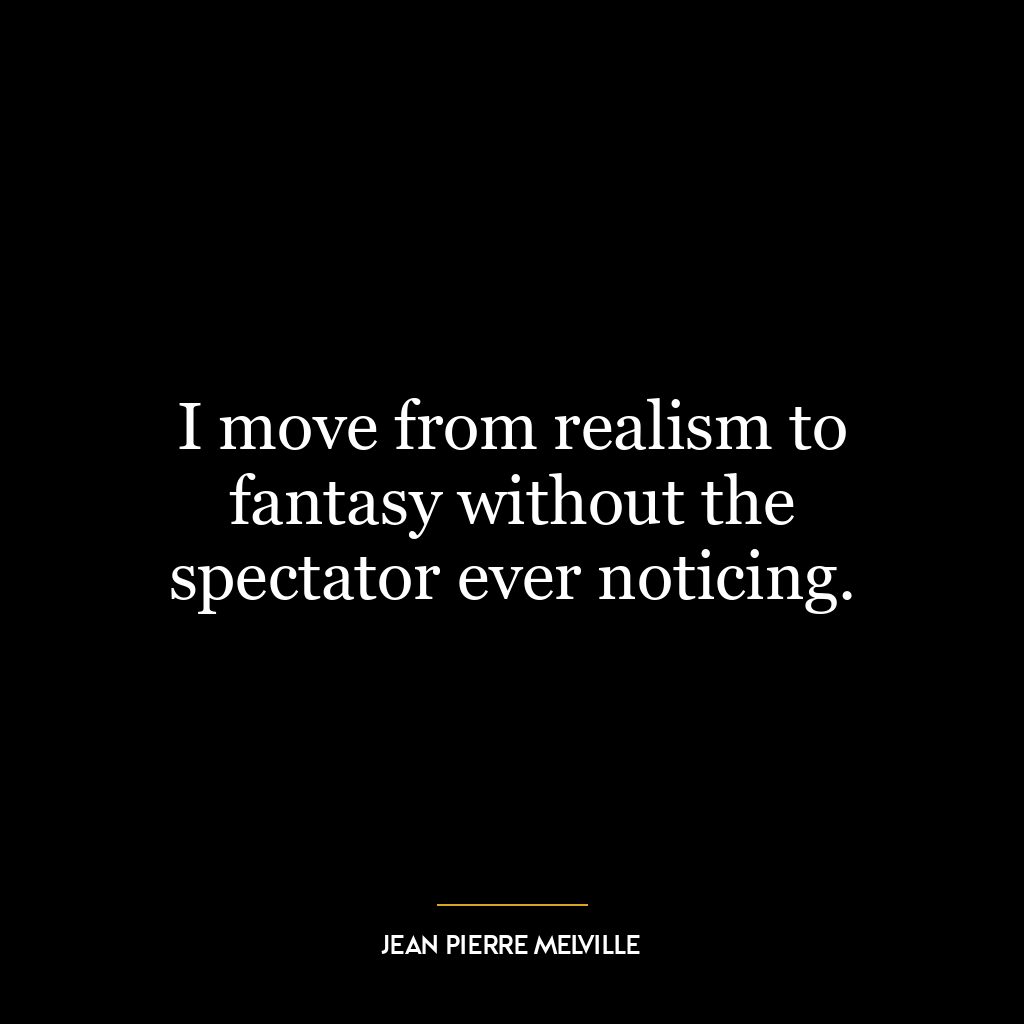Aristotle’s quote is a reflection on the contrasting styles of two great Greek playwrights, Sophocles and Euripides. When he says that Sophocles drew men as they “ought to be,” he means that Sophocles’ characters were often idealized versions of humanity, embodying virtues such as bravery, wisdom, and integrity. They represented the highest potential of human character, serving as models for moral and ethical behavior.
On the other hand, Euripides drew men as they “were,” meaning his characters were more realistic and flawed. They were subject to the same weaknesses, mistakes, and moral failings as real people. Euripides’ works often explored the darker aspects of human nature, including selfishness, deceit, and the capacity for cruelty.
This quote points to a fundamental tension in storytelling and art: Should it reflect the world as it is or as it should be? Should it hold up a mirror to reality, warts and all, or should it present an idealized vision of what we could be?
In today’s world, this idea is still very relevant. In literature, film, and television, some storytellers choose to portray characters and situations that are grounded in reality, while others create idealized, aspirational worlds. For example, gritty crime dramas might show the world as it is, while superhero movies often show the world as it could be.
In terms of personal development, this quote might inspire us to ask ourselves: Are we striving to be as we “ought to be,” according to our highest ideals and values? Or are we accepting ourselves as we “are,” with all our flaws and imperfections? Both perspectives have value. Striving for our ideals can motivate us to grow and improve, while accepting ourselves as we are can help us cultivate self-compassion and authenticity.















